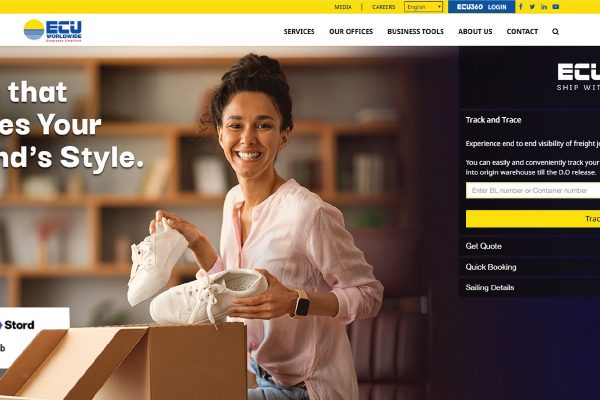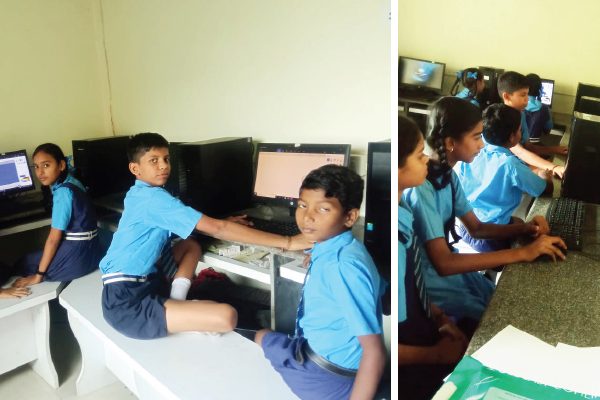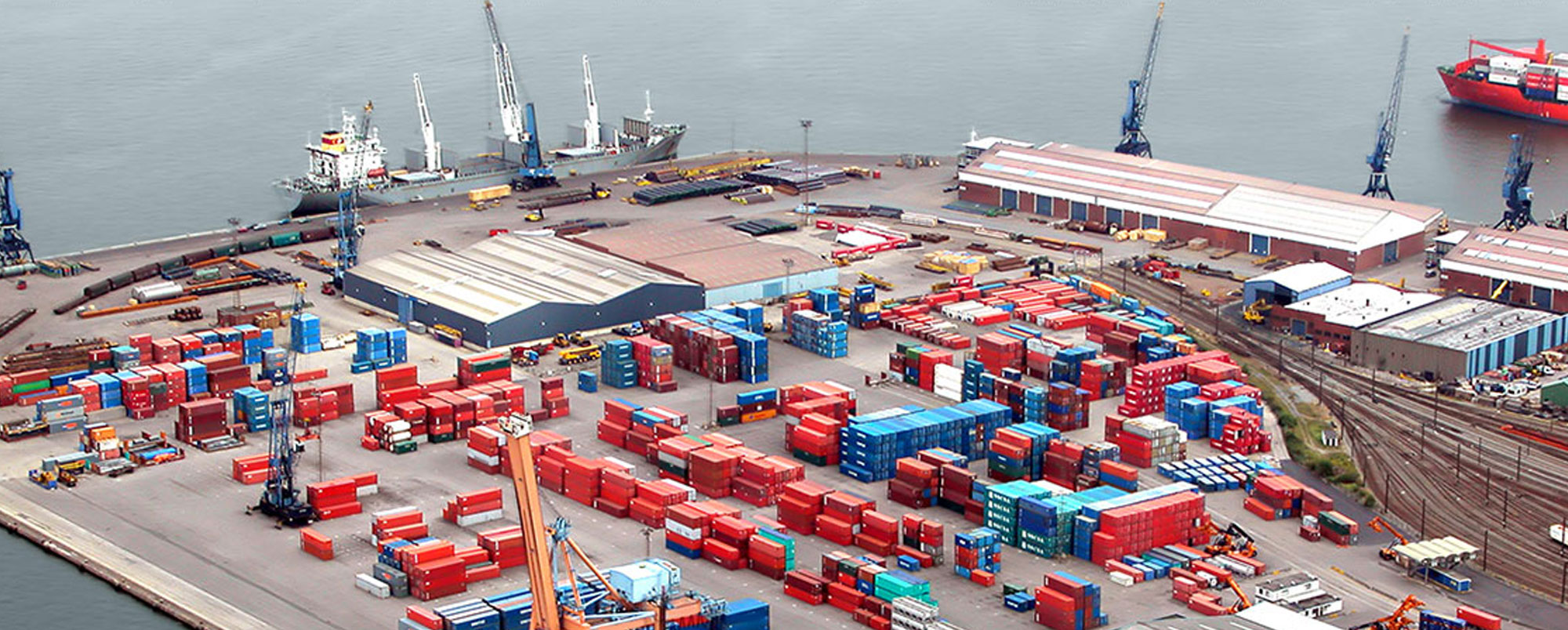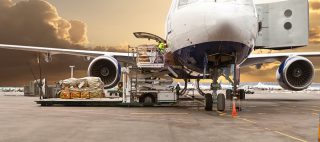De reis van 30 jaarThe year was 1987, when a small maritime groupage company made its debut with a five-member office in a non-descript warehouse in the coastal city of Antwerp, Belgium. Three decades later, ECU Worldwide, as it is now known, has blossomed into a global presence with 300 offices in more than 160 countries, offering LCL and FCL services across the world.
Courage, determination and passion have fueled ECU’s journey. Over the years, the company has braved stormy seas and steered its way through calm waters to take on the position of a global leader in NVOCC services.
We bring you snapshots of the thrilling voyage of three decades.
The beginning
The company was founded in 1987 as Eculine. It started out carrying shipments to traditional destinations and North America and the Far East. Other countries followed. Soon, separate companies were set up for road and rail transport, customs formalities and airfreight transport.
The early ’90s were marked by brisk growth, prompting the company to shift to a larger and more convenient location, which is the company’s base office today. During this period, the company spread its operations, opening up branches in the Netherlands, France and South America. Soon, the company had a wide network spread across all major countries around the world. It was also the time when Allcargo became ECU’s agent in India.
The new millennium
The first few years of the new millennium brought with it a spate of growth and expansion challenges for the company, which peaked in 2004-2006.
In 2005, Allcargo stepped in to acquire a 33 percent stake in ECU, taking 100 percent ownership in 2006. In the words of the Chairman of the Group, Dr Shashi Kiran Shetty, “This was the time in our corporate history which actually laid the foundation of what we are today. A single decision changed the future of both ECU and Allcargo. The success and the excellence that we see today, is the result of the coming together of these organisations as one global entity to face the challenges, marshalling its resources to create a future for itself.”
The years that followed were focused on restructuring the management team to improve cohesive decision making; enhancing product offerings, operations, systems and processes; optimising manpower to achieve higher efficiencies; and managing post-acquisition cross-cultural differences. The result of these strategic initiatives soon reflected in the books of the company as improved revenue growth and profitability.

Since 2008, ECU has seen a steep rise in competition, coupled with margins coming under pressure. In response, the company focused on keeping costs under control, thinking differently and making the front office more customer-centric.
In 2013, ECU bought over Econocaribe completing the company’s worldwide network and giving it a boost in the USA.
In 2016, the company was rebranded as ECU Worldwide to serve clients better. The objective was to bring all its geography-specific brands under a single brand. The move also aimed to reassure clients that ECU will go the extra mile to ensure that geographical distances and constraints will not come in the way of business growth for clients.
Marc Stoffelen, who is the current Joint CEO at ECU-International N.V, has spent close to three decades at ECU. Reflecting on the journey of the company, he says, “When looking back, it is actually amazing to see how this company has developed from a small local Antwerp NVO to a global player in a fairly short time. ECU has changed a lot over the years. Economies change and people and businesses change, and those who do not adapt or change with time are left behind. I believe that we have been able to set high standards in the markets where we operate and that’s because we responded quickly to change. I want to thank our customers and people who have stood by us through the years. A special thanks to Shashi, our Chairman, who believed in ECU back then, and now has bigger dreams and plans for the future.”
A pioneering heart
As a pioneer in the NVOCC space, ECU has redefined industry standards several times in its journey. It was the first company to start container consolidation, which was unheard of at that time. The company’s focus on technology and IT stands out in an industry where technology adoption is slow. One of ECU’s biggest technology-driven successes has been the company’s E2C program which makes it very easy for customers to book online, consult tariffs, make quotes, get statistics and so forth.
Apart from these, numerous other interventions have been launched keeping client needs in mind.
ECU – through its people’s eyes
In spite of competition becoming stiff, ECU holds a market-leading position and remains the number one NVOCC player in the Antwerp market. Company veterans attribute its success to the company’s long history and its base of qualified people, which is quite the differentiator for the organisation.
“The secret of our success is our people,” says Mr Ivan Lardenoit, MD, ECU Worldwide Belgium NV, pointing out that most employees at ECU have been around for a long time. Why isn’t attrition an area of concern at ECU? These stories from old-timers will tell you:














